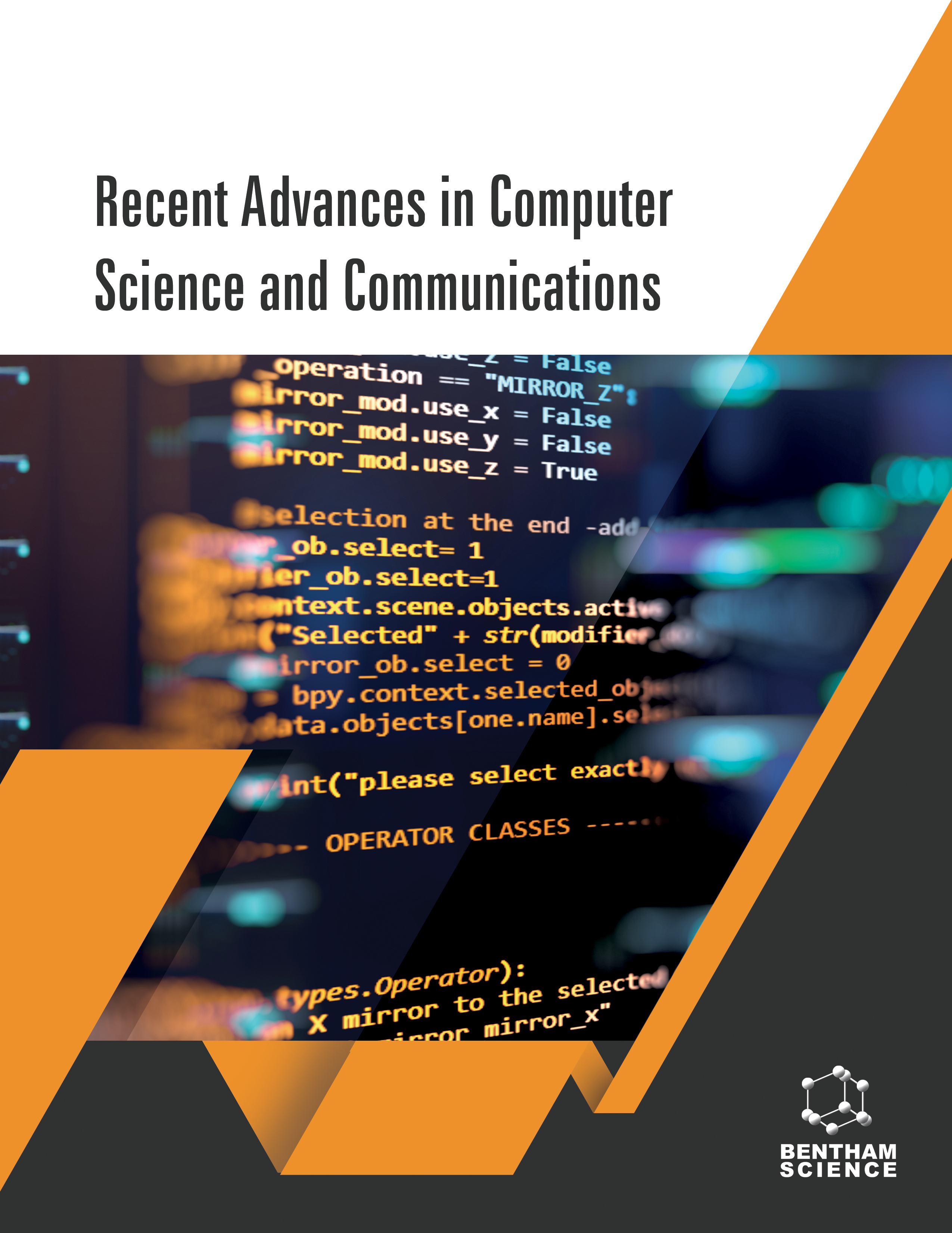-
s Diagnosis and Management System of Healthcare Resources for Pulmonary Cardio-vascular Diseases Based on Supervised Machine Learning
- Source: Recent Advances in Computer Science and Communications, Volume 17, Issue 8, Nov 2024, p. 36 - 51
-
- 01 Nov 2024
Abstract
Introduction: The detection and management of diseases have always been critical and challenging tasks for healthcare professionals. This necessitates expensive human and material resources, resulting in prolonged treatment processes. In medicine, misdiagnosis and mismanagement can significantly contribute to mistreatment and resource loss. However, machine learning (ML) techniques have demonstrated the potential to surpass standard patient treatment procedures, aiding healthcare professionals in better disease management. Methods: In this project, the focus is on smart auscultation systems and resource management, employing Random Forest Regression (RFR). This system collects patients' physiological values (specifically, photoplethysmography techniques: PPG) as input and provides disease detection, treatment protocols, and staff assignments with greater precision. The aim is to enable early disease detection and shorten both staff and disease treatment durations. Result: Additionally, this system allows for a general diagnosis of the patient's condition, swiftly transitioning to a specific one if the initial auscultation detects a suspicious disease. Conclusion: Compared to the conventional system, it offers quicker diagnoses and satisfactory real-time patient sorting.


